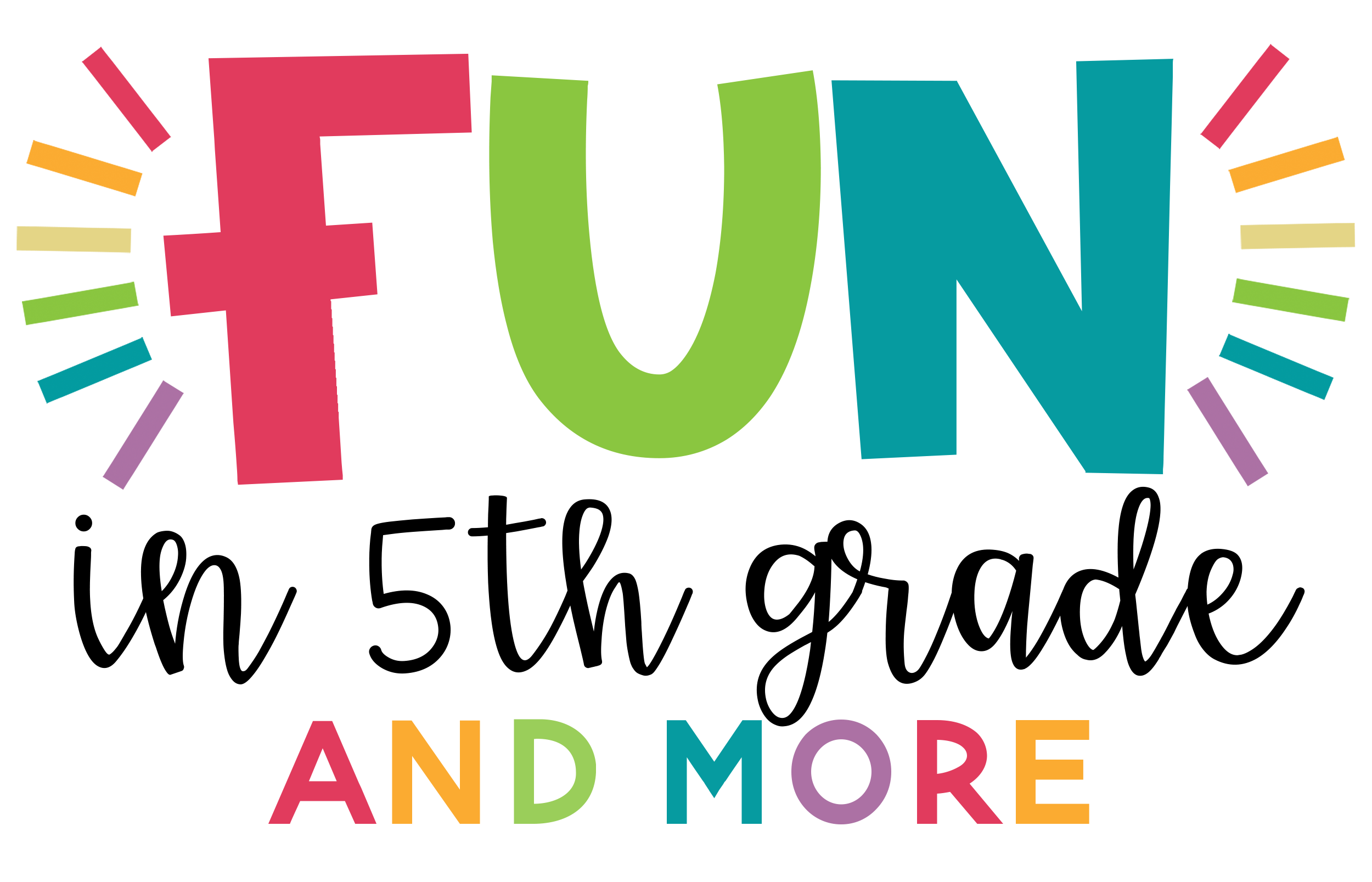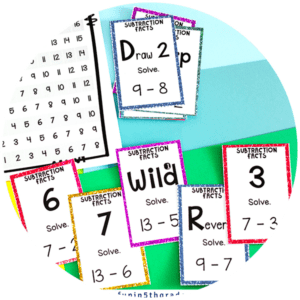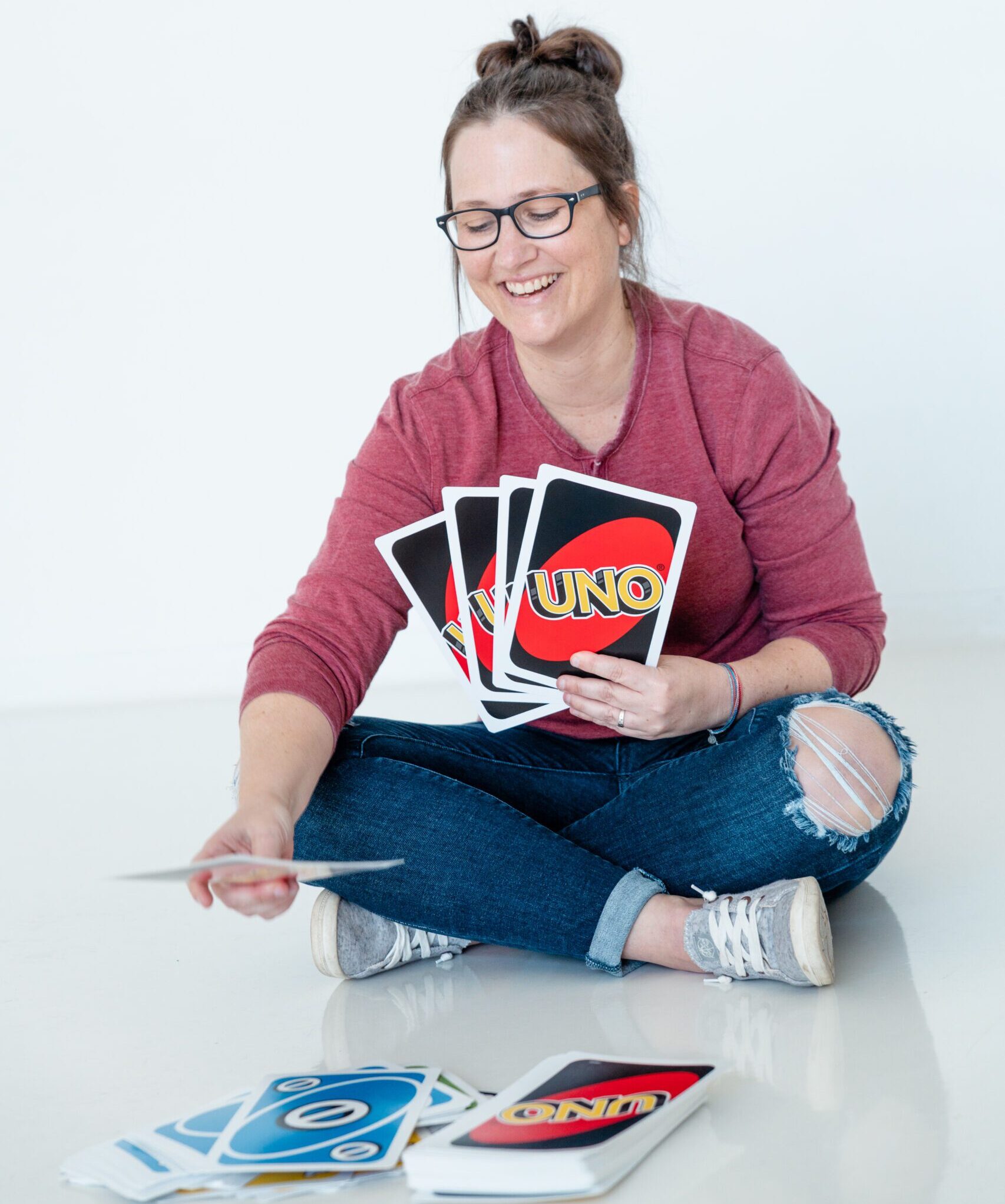If you are sick of reteaching ELA vocabulary in upper elementary and want to help your students become independent learners, then this may be the perfect activity for you!
Why is it that we spend hours and hours teaching our students something, and they forget it so easily over the summer?
Maybe it is all the sun, extra video game time, or their brains are just making space for the latest TikTok dance they want to learn, but it seems like every year starts off the same way. We make assumptions about what our students should know, and then we act surprised when we start using key vocabulary like ‘rising action’ or ‘personification’ or ‘compare and contrast’, and they just look back at us with those adorably blank and slightly tanned faces as though we just asked them a question in a different language.
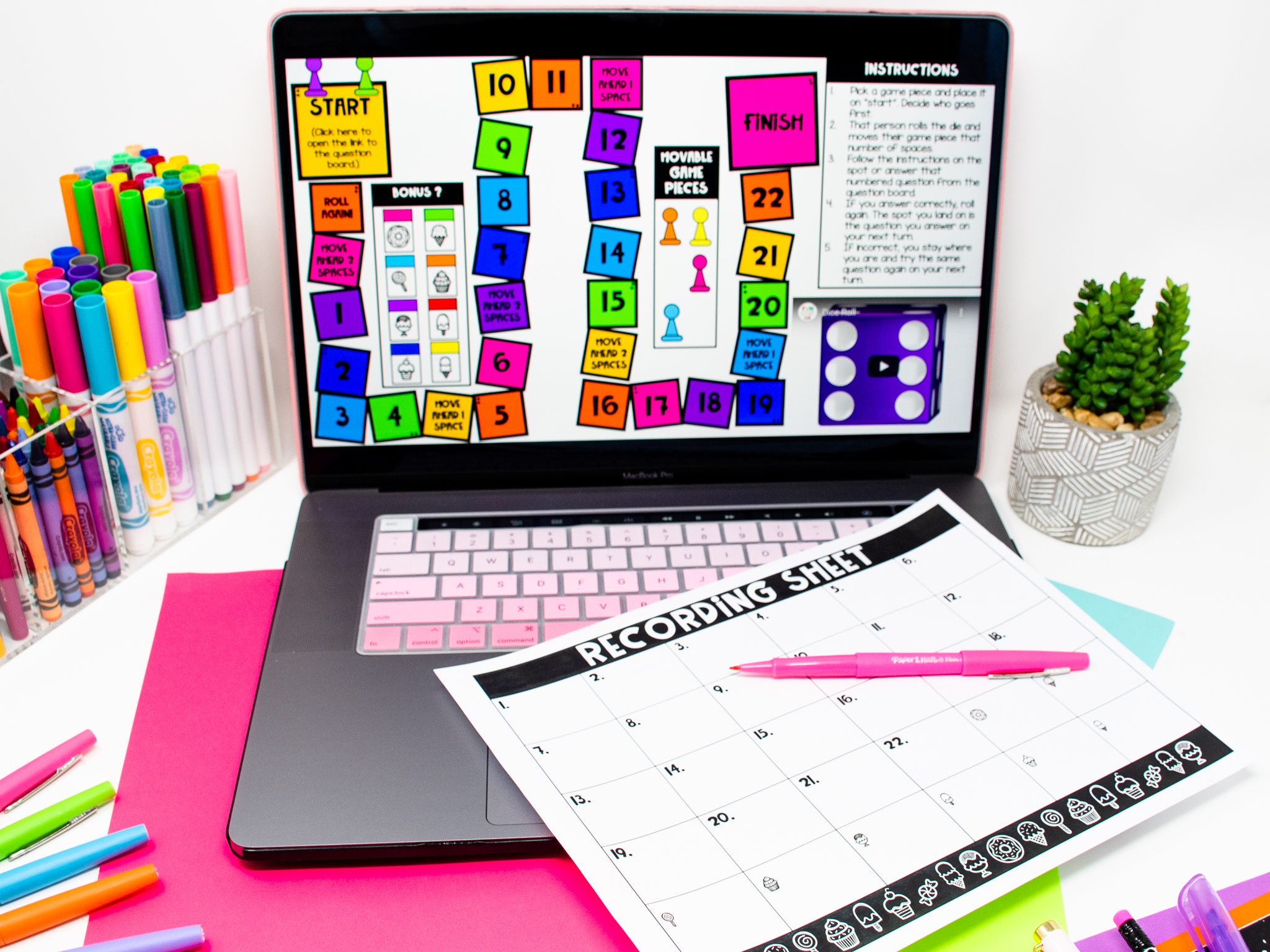
It is a mind-boggling event, and even our most naturally educational students tend toward this summer slip. So surprise, surprise, we start the reteaching process while moaning and groaning about all the time we are losing reviewing information our students ‘should already know!’
What if I tell you that reteaching may not be necessary at all? Maybe there is an easier solution that helps set our students up for success in these situations instead of dooming them to fail.
Rather than us spending time reteaching, what if we let them review the information themselves with very little to NO HELP from us?
Now, the activity I’m suggesting in this post is not for the all-controlling teacher types out there who believe a wrong answer is nothing more than a wrong answer. Instead, this activity is designed for teachers who want their students to take ownership of their learning.
Although the activity example we are using today is specific to upper elementary ELA skills, keep in mind that you can do the same activity with any other subject as long as you can find a good initial resource to work with.
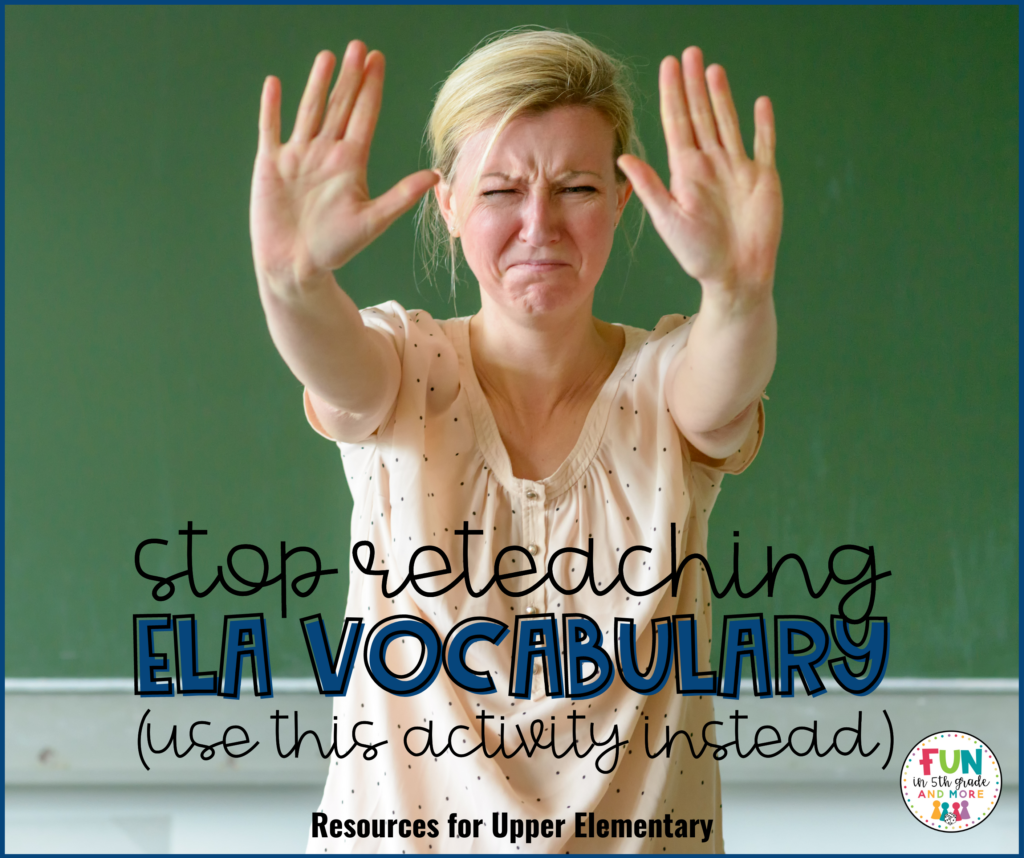
A Student-led Activity to Use INSTEAD of Reteaching ELA Vocabulary
To begin, you’ll need a resource that provides a general overview of the terminology and skills you want students to ‘reteach’ themselves.
For Language Arts lessons like text structure, plot line, figurative language, author’s purpose, and other general ELA vocabulary terms, we have created a Digital Vocabulary Game Freebie that will work perfectly for this activity.
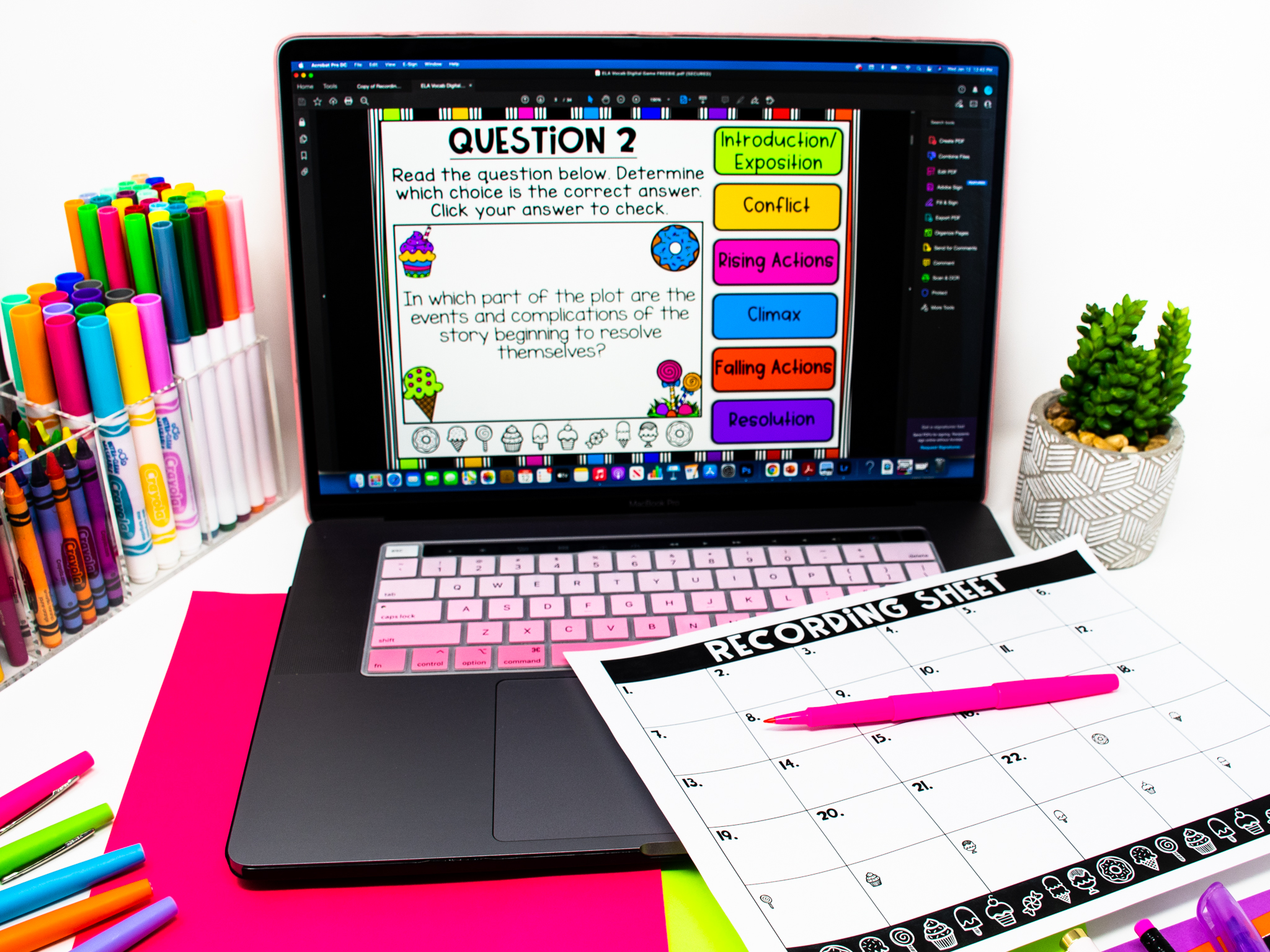
Start by having students work through the game on their own, keeping track of what questions they get right and which questions they got wrong. Encourage students to be very honest about their results and remind them you need accurate results.
Next, have them get together in groups and go through the questions in the game again. This time, they are going to write down all of the ‘vocab words’ they find and place them on index cards or small slips of paper they will later be able to manipulate.
Now, with their full deck of vocabulary terms in hand, ask students to sort the cards. They can use the Digital Vocab Game Freebie as a reference, but ultimately we want to see if they can categorize the cards into groups based on how they are used in the questions.
Then, ask students to work through each card and attempt to define it. If they can’t come up with a definition on their own, they can spend some time with Google, or they can use classroom posters or other students to come up with a definition.
Lastly, have the students work through the questions one last time on their own and take note of which questions they get wrong. If students did the middle steps of this activity well, then they should get most of the questions correct.
Teachers are Observers not Dictionaries!
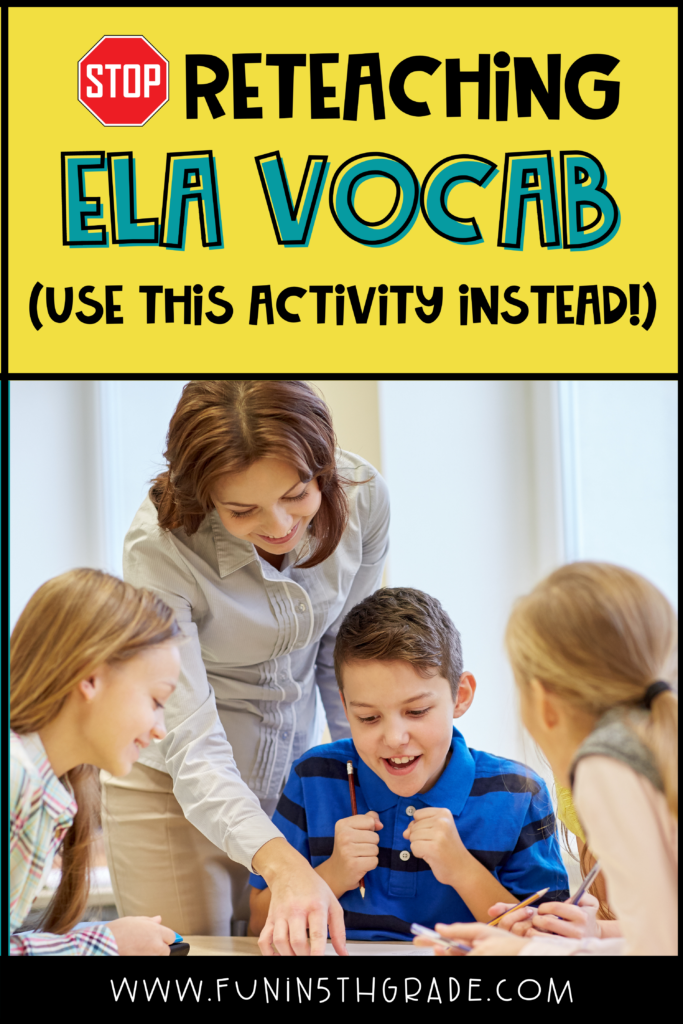
The important part of this activity is that the students can’t ask the teacher for help. They need to work through these processes on their own or within their groups. This teaches students HOW to find answers to their questions or if they are confused, and the decks of vocabulary cards they have now made can be used for reference purposes in your classroom.
If students do ask the teacher questions, guide them to the resources that may help them solve their problem, but that resource is not you.
Important tips
First, don’t help them. I know it is hard not to step in and save the day, but this is about them learning HOW to find answers to their questions, not about them learning that you are the Almighty Keeper of the Answers. We want our students to feel comfortable coming to us with questions, but we also want them to be resourceful, so we have to give them opportunities to practice that all-important soft skill!
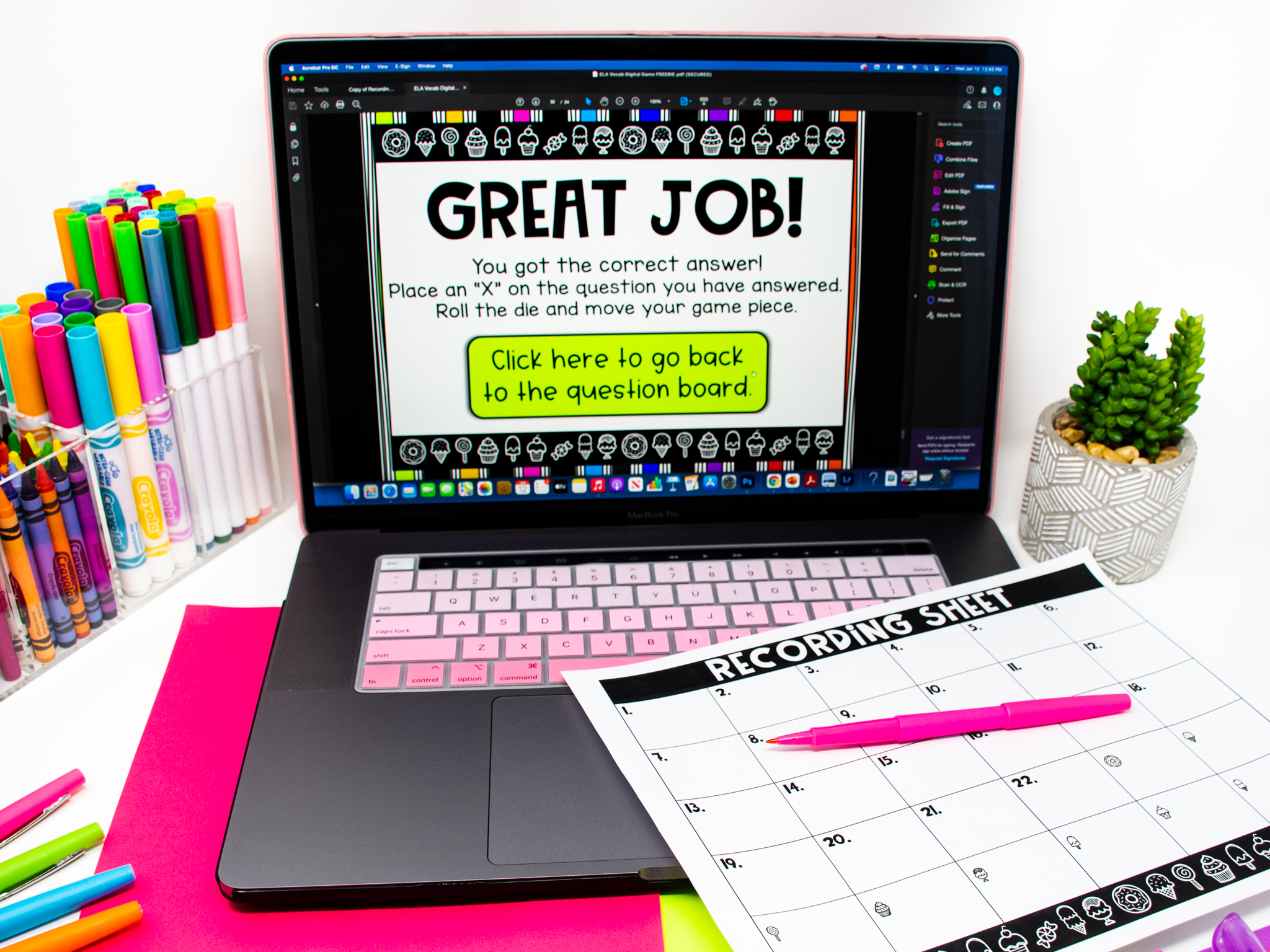
Second, give students plenty of time to work through this process. Don’t rush them, but make sure they are taking steps forward. It may take several days to complete this process, so give them the time. If they figure out these terms on their own AND learn how to find answers to their questions when they have them AND create a classroom resource that everyone can use if they need it, the time you spend on this activity will be well worth it.
Finally, make sure to choose a good initial resource that asks students to recall terms and information they have been introduced to before. So even if the Digital Vocab Activity isn’t right for your students right now, it may be perfect for them after the holiday break, or maybe there is another Digital Review Activity in the Bundle that would be perfect for your students at the beginning of the year.
Hopefully, if this activity goes well for you, you will feel like you can use the same process in other subject areas as well as during different points in the school year. As I mentioned before, after a holiday break or even after spring break may be a good time to do this same style of activity again as a solid review for students and a reminder of all the things they have learned!
If you are looking for more posts that may be helpful during back-to-school time, check out some of these!
